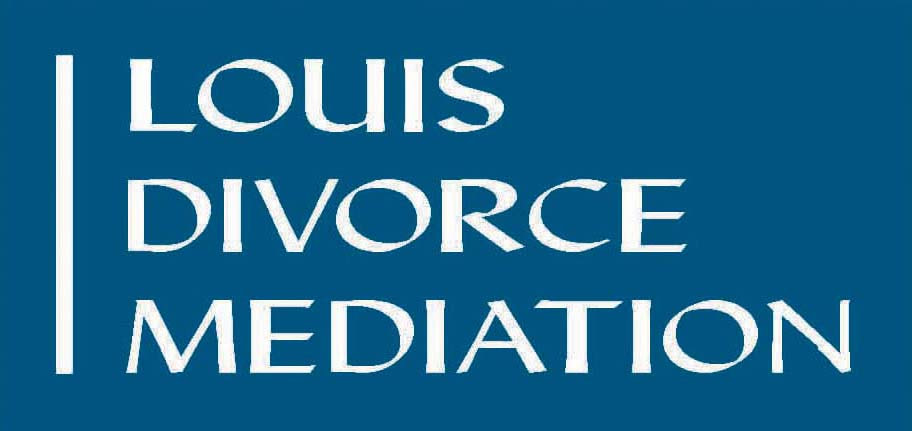Louis Divorce Mediation ~ Online and In-Person Mediation in Chicago
|
As a family and divorce mediator in both Chicago and New York state, I have an ethical obligation to mediate impartially. Therefore, my actions and how my clients perceive them must not give any special favoritism to either spouse. Mediators constantly struggle with neutrality, as there can be external factors (the behavior or beliefs of a client) or internal ones (our own beliefs) that challenge us in our efforts to be neutral. Many of my divorce mediations begin amidst the emotional unrest of my clients and their uncertainty regarding the future. As a mediator, I strive to support the couples I work with who are experiencing the stress of transition without compromising my neutrality. In fact, this support of the clients is an essential component of my mediation process. There is a tendency for one or both spouses to interpret being stuck on one or two issues as a sign that resolution cannot be achieved. Part of my role is to remind them that many other decisions have already been made that satisfy them both. In divorce mediation, positive reinforcement is the fuel to sustain the momentum of the process. As a participant spouse, progress may be hard to see; but, as a neutral facilitator, it’s much easier to track mediation accomplishments. Positive reinforcement is the fuel to sustain the momentum of divorce mediation. I call it “being a cheerleader for my clients.” In a more nuanced approach, I may sense that one spouse needs more support than the other. In a past mediation, the wife was having great difficulty focusing because she was being challenged emotionally. I met with both the wife and husband separately. In these meetings the wife had the freedom to “vent,” away from her husband, and became ready to resume a serious conversation. The husband was able to meet his need to continue a mediation process that may have otherwise terminated. As the mediation progressed, I sensed an increase in the trust both had in what I was doing. Even when my clients are in the same room together with me and there are power issues, I may focus on the spouse who needs the support the most while also engaging the other spouse. It’s like lifting unequal weights placed in each hand—I use more energy with one hand than the other but both hands are working. The neutrality of the mediator is a cornerstone of the divorce mediation process—but so is the creation of a safe and balanced environment. Actively supporting the needs of clients who are struggling with uncertainty and transition helps to provide the environment for meaningful conversations and successful outcomes.
0 Comments
In our house, we keep a shopping list for the next person who goes out to buy groceries. I’m not the best at putting things on that list, and so when my wife has returned from shopping and something I needed wasn’t purchased, I have only myself to blame—how could I expect her to read my mind about something I wanted?
When I am meeting with clients in divorce mediation, I encourage them to make their own list of personal needs as they plan their futures. More importantly, I urge each to be certain to speak up about any specific request that will require a spouse’s agreement. When divorce mediation ends, a legally binding document spelling out all agreements on parenting, division of property, child support, spousal support and related financial issues will be prepared and signed. This is a final agreement. It can only be changed if both agree to do so, which may or may not happen, depending on how each feels about the proposed change. Don’t be the person who forgot to ask. Your spouse is probably not a mind reader, and neither is your mediator. I want my clients to get it right the first time—and part of getting it right is knowing what you want and asking for it. I’m not saying that you’ll always get everything you ask for, but I do know that you probably won’t get anything that you don’t ask for. Don’t be the person who forgot to ask. Your spouse is probably not a mind reader, and neither is your mediator. Here are some examples of needs you may want to include on your personal list:
|
Categories |
David Louis, MPA, CDFA® • Louis Mediation Services - Chicago
|
Chicago Office: 1700 W Irving Park Rd., Suite 105, Chicago, IL 60613
Northbrook Office: 555 Skokie Blvd., Suite 500, Northbrook, IL 60062 |
Copyright © 2024



 RSS Feed
RSS Feed